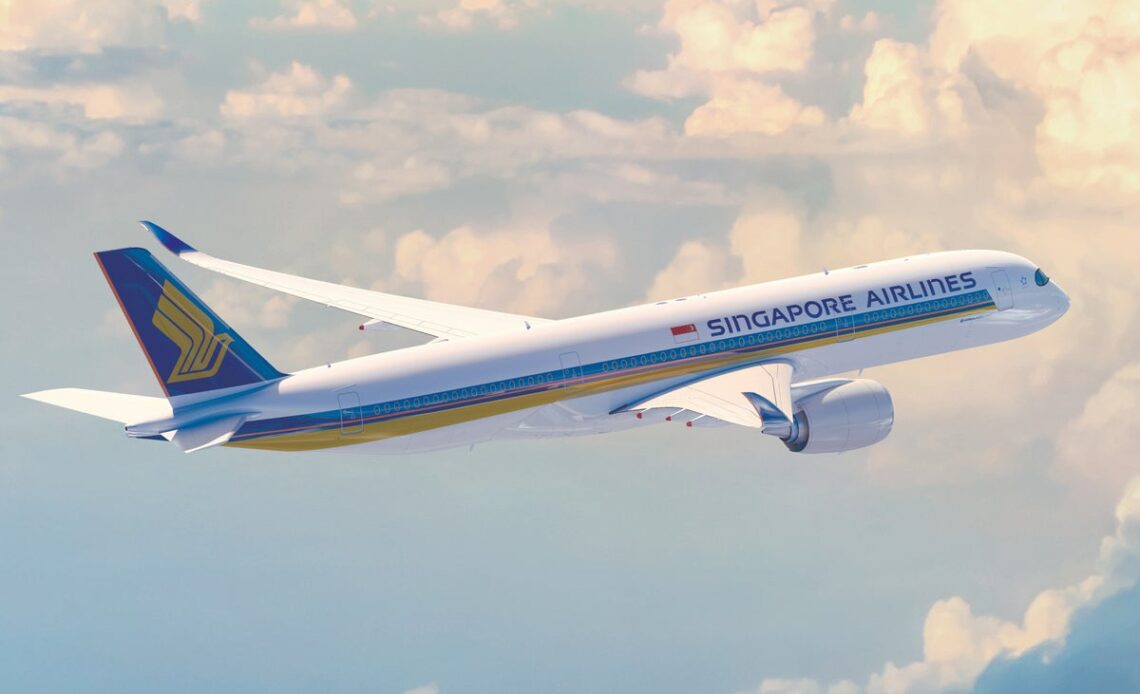Late on Tuesday evening, 7 November, Singapore Airlines picked up yet another prize: the Wanderlust Readers’ Award for world’s best airline 2023.
Yet you need not fly anywhere near southeast Asia to enjoy the best inflight service on the planet: try northwest England to Texas instead
“SQ”, as many aviation people know the airline, connects Manchester with Houston three times a week. The link is particularly popular with oil people who fly from Aberdeen to Manchester on Loganair then settle in for 10 hours of the Singapore experience en route to America’s oil hub.
Heading instead for India? You can fly from London Heathrow to Mumbai with a carrier whose slogan is “Fly the Flag”. In this case, the ensign bears the Canadian maple leaf.
And a trans-Mediterranean hop from Malta to Cyprus? The only nonstop choice is for wide-bodied comfort with a top Gulf airline.
These are among the many possibilities of “fifth-freedom” flying – which means you travel on a plane belonging to an airline from neither your origin nor destination. The practice is more widespread than you might think, and can confer many benefits on the traveller. And it goes back almost eight decades.
Late in 1944, towards the end of the Second World War, the airlines and governments of the Allies gathered in Chicago to try to establish some common rules for international aviation.
While some airlines had been around since the end of the First World War, hardly anyone flew (and those who did faced serious risks). But it was clear that the peacetime world would needed to be connected. The result: the 1944 Chicago Convention. Several categories of rights were established. The first four were fairly predictable:
- First freedom: Flying over a foreign country without landing.
- Second freedom: Like the first, only with the right to refuel in that foreign country without letting passengers or cargo on or off.
- Third freedom: The right to fly from the country where the airline is based to another country – which is neatly balanced by the …
- Fourth freedom: The right to fly from another country to the country where the airline is based.
Where it gets interesting is the fifth freedom: The right to fly between two foreign countries on a flight starting or ending in the country where the airline is based.
In the 20th century, this was pretty important because of the range of…
Click Here to Read the Full Original Article at The Independent Travel…
